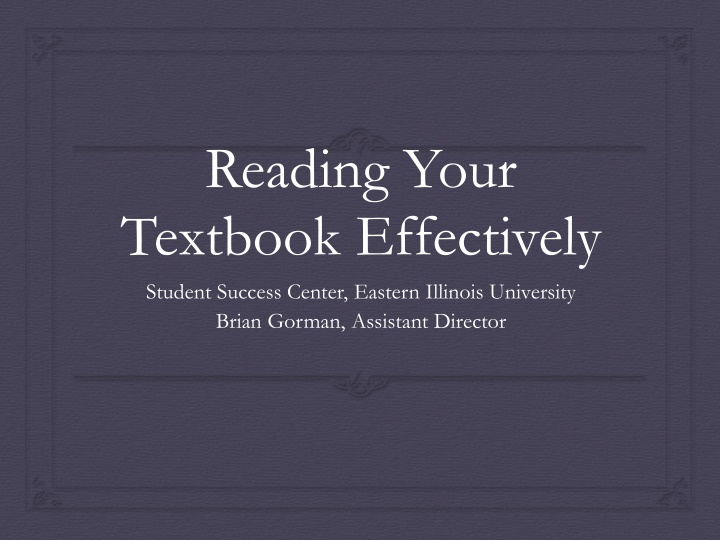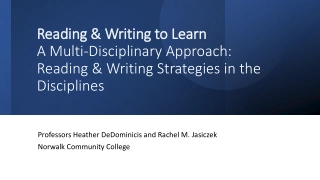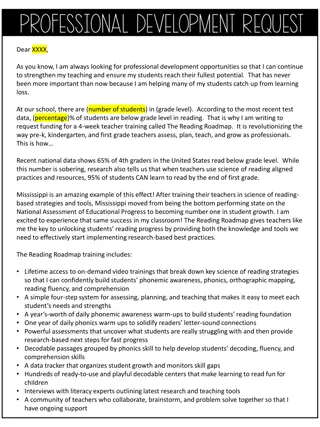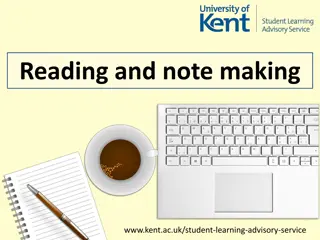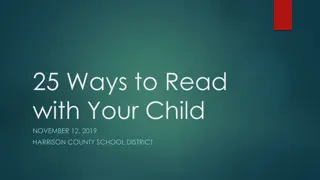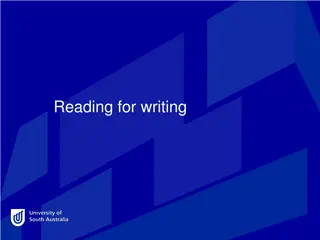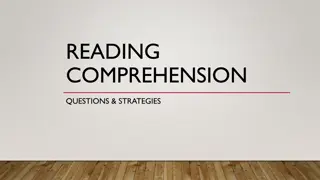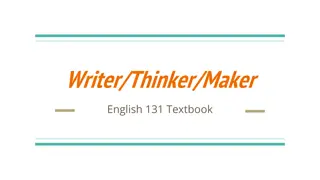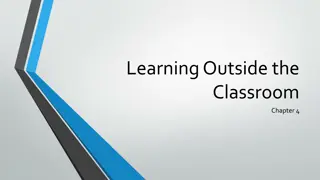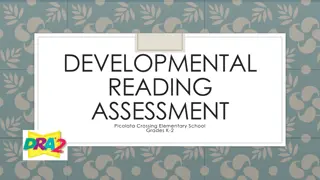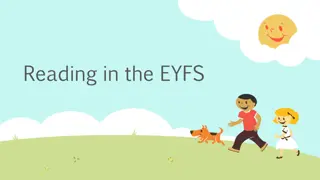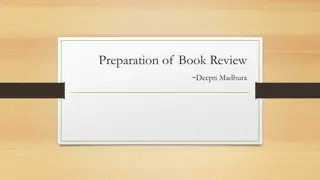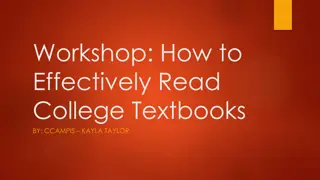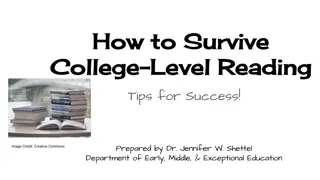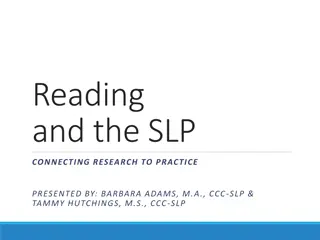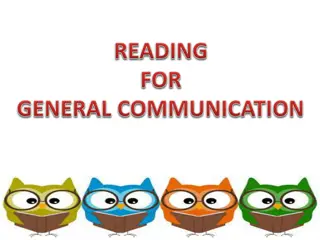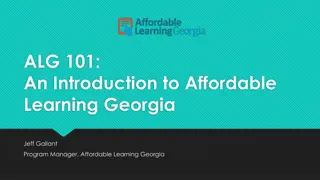Effective Textbook Reading Strategies for Academic Success
Learn essential strategies to improve your textbook reading skills, including pre-assessment techniques, common reading myths, and understanding the return on investment in your college education. Discover how to combat challenges such as wandering thoughts, difficulty understanding complex texts, and falling asleep while reading. Enhance your reading comprehension, note-taking, and overall academic performance.
Uploaded on Sep 27, 2024 | 2 Views
Download Presentation

Please find below an Image/Link to download the presentation.
The content on the website is provided AS IS for your information and personal use only. It may not be sold, licensed, or shared on other websites without obtaining consent from the author.If you encounter any issues during the download, it is possible that the publisher has removed the file from their server.
You are allowed to download the files provided on this website for personal or commercial use, subject to the condition that they are used lawfully. All files are the property of their respective owners.
The content on the website is provided AS IS for your information and personal use only. It may not be sold, licensed, or shared on other websites without obtaining consent from the author.
E N D
Presentation Transcript
Reading Your Textbook Effectively Student Success Center, Eastern Illinois University Brian Gorman, Assistant Director
Sound familiar? I don t have enough time to do all of my readings. Sometimes I read an entire assignment and have no idea what it was talking about. When I am reading I find my mind wandering and thinking about something else entirely. My textbooks are too difficult to understand. I often fall asleep when reading my textbook. I get poor grades in classes that require reading. I do poorly on tests even if I think I know the material. I spend several hours rereading a chapter in a textbook.
Pre-Assessment How many apply to you? I read the assigned readings before class of the same topic. I skim for main points before jumping into reading assignments. I access prior knowledge of the topic I am reading before I read. I can determine the meaning of a word from the words surrounding it. I read all portions of a reading assignment (case studies, summary, etc.) I take effective notes from my readings. I use my reading notes to help with class discussions. I review my reading notes immediately after completing my reading assignment. I revisit my reading notes regularly.
Return on Investment How much return are you getting on your investment of attending college? Are you investing enough time? What is the return you get for the time you invest now?
Textbook Reading The Harvard Report Obedient Purposelessness- doing something simply because it s the way you ve been told to do, even if it is without purpose and/or isn t working.
Common Reading Myths I have to read every word of an assignment. Many words even in individual sentences have no meaning. Focusing on these unimportant words slows down speed and comprehension. Reading once is enough. Most people cannot soak in all information just by reading once. Repetition is key in moving information from short to long term memory.
Common Reading Myths It is sinful to skip passages while reading. Many textbooks are bursting with information to a point that there is no way to retain all of it. Good reading is selective reading. Textbooks used as a reference is okay! If I skim or read too rapidly my comprehension will drop. Research shows very little relationship between speed and comprehension. What really matters is your ability to take in important ideas.
General Reading Tips Have a goal Make the material your own Have the right mindset Know when to stop Start reading early Have a discussion buddy Skim Read Skim Repetition/Review Understand the vocabulary Read for pleasure Take notes
Before Reading Limit Distractions No TV, no windows, no outside movement Proper Lighting and Temperature Too much or too little light causes strain = fatigue Too warm = sleepy; Too cool = distraction Reading Position Have an available distraction We all need breaks most can t physically handle long periods of time without difference Positive Attitude Goals
Before Reading - Explore Your Textbook How is the book organized? How are chapters/units divided? Is there a glossary, index, table of contents that may be beneficial? Concentration specific resources? Maps, primary sources, tables, charts, graphs, case studies? Are there section/chapter summaries, study aides, exercises, activities? Where are they located? Answer Key?
Outline Method Same format as if you were taking notes in a lecture Main Topic Section Heading 1 Write 1-5 sentences summarizing the main idea AND/OR Vocabulary, important dates, data, etc. Sub-Topic 1 1-5 sentence summary/vocab, dates, data, etc. Section Heading 2 Same as above Concluding summary/statement
SQ3R Read! Survey birds eye view Search for your answers! Scan headings for topics and organization Usually about a section at a time Write headings down! Ask more questions Skim and Scan How can this relate to me? Question Are you convinced? form questions to answer later after reading Were you right? Take notes
SQ3R Rehearse Interpret your notes in your own words, make them personal to you Answer your questions without looking Check your answers Review Go through your notes, again answering questions, paying attention to organization
Mind Mapping 1. Once again you need to become familiar with your text 2. Mind map your thoughts and what you already know 3. Mind map an overview 1. The middle image represents the central topic 2. Create section branches off the central image 3. Create sub-topic branches off the section branches 4. Start reading and adding detail branches off the sub-topic branches as you go
Skim and Divide 1. Skim the entire chapter Easy and effective way to get the ball rolling Provides a background of the information and organization Activates prior knowledge 2. Skim an individual section Repetition! 3. Read the section; highlighting/underlining/note-taking as you do Look for definitions, cause and effect, comparison, examples REPEAT STEPS 2 AND 3 FOR EVERY SECTION 4. Review and Recite your notes
Helpful Resources How to improve your reading comprehension http://www.youtube.com/watch?v=dNlgRoNa16o EIU Student Success Center http://www.eiu.edu/success/ EIU Reading Center http://www.eiu.edu/readctr/
Works Cited Steven Moneyworth, Yahoo.com contributor, Jul 21, 2009 honorsblog.tcu.edu Fridge72.com Leadershipnow.com Unigo.com Usingmindmaps.com University of Wisconsin-Green Bay Tutoring Services Academic Skills Center, Dartmouth College Cornell College Academic Support and Advising
